Why do I like E.J. Dionne? Maybe because he doesn't suffer fools and can catch a rat nibbling the cheese even when it's Tuesday and not Friday cat-blogging time. Dionne writes about Rove's public appearance at the American Enterprise Institute, a conservative propaganda mill, and uncovers two Rovian myths frequently hawked as Bush strengths: (A) tax cuts, and (B) national security. Add in Mallaby's exposé on voodoo economics and how tax cuts don't pay for themselves and you're on your way to figuring out what we shouldn't do to remedy American's slumping prosperity.
Dionne:
...Rove started talking about "game changers," a nice, wonky term to throw around at a leading conservative think tank. The idea is that certain changes in policy can push the political debate in new and -- from the point of view of the game changer -- more congenial directions. The phrase told us everything about what Bush's No. 1 guy had once hoped to accomplish -- and everything about the fix he and the president are now in.
...Rove shelved the world-historical perspective in favor of the staple issue of midterm politics, pleading with his audience to think kindly of the Bush economic record. He spoke at length about the mess the economy was in toward the end of Bill Clinton's term (though he did not mention Clinton's name), and how our economic problems were deepened by the consequences of the Sept. 11 attacks.
Bush's economic policies, particularly his tax cuts, helped cure what ailed us, Rove said bravely. They "have strengthened the economy, increased productivity and created new jobs."
That Rove needed to make this case in the first place tells you the trouble the administration faces. All the polls, which Rove played down but acknowledged reading avidly ("I love all these polls," he said before dismissing the idea of poll-driven policies), show large majorities disapproving of Bush's handling of the economy.Dionne refers to perceptions about the good old days of the Clinton economy, and then E.J. hammers the propaganda that Bush's tax cuts have been good that's repeated by Republicans ad nauseum:
Most astonishingly, Rove tried to make the case that Bush's tax cuts actually left the rich paying more. Everyone knows the Bush cuts in levies on dividends, capital gains and inheritances overwhelmingly benefited the wealthy. But here was Rove playing class politics by arguing that the wealthy now pay a larger share of total income taxes than they did before Bush.
This is statistical flimflam, of course. It leaves out payroll taxes, which hit most Americans the hardest. And the wealthy are paying more of the total share of income taxes, even though their rates are much lower, because their share of national income has gone up. Rove's numbers actually prove the rich are getting richer. But the fact that Rove tried to sound like William Jennings Bryan is the surest indicator that the administration is worried about its image as protector of the privileged.Now for myth No. 2, Bush's national security credibility:
The real game changer is the very question of national security that Rove has used over and over as the killer issue against Democrats. In explaining Bush's poor standing, Rove kept going back to the war in Iraq. "They're just sour right now on the war. And that's the way it's going to be," Rove said of the voters. At another point, he acknowledged that the war had created discontent in the land. "I think the war looms over everything," he said. Indeed.Rove doesn't like reality--a world where more Americans rank the Iraq War as a mistake than Vietnam. And the Vietnam War was a huge mistake. The preznit's approval ratings hovering in the low 30s, a result from policies that were touted as the Holy Grail, perhaps explains why Karl appeared "more defensive." Too much reality.
Maybe this Friday, Rove will awaken to a hard dose of reality from Special Counsel Patrick Fitzgerald.
UPDATE: Dana Milbank offers more on Rove's voodoo economics and Karl did a heckuva job.








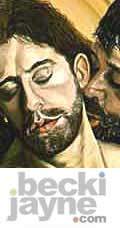
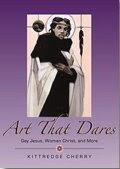
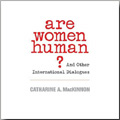
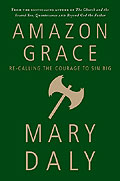
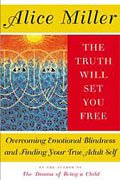


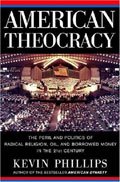





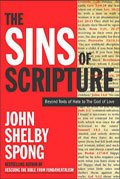

|